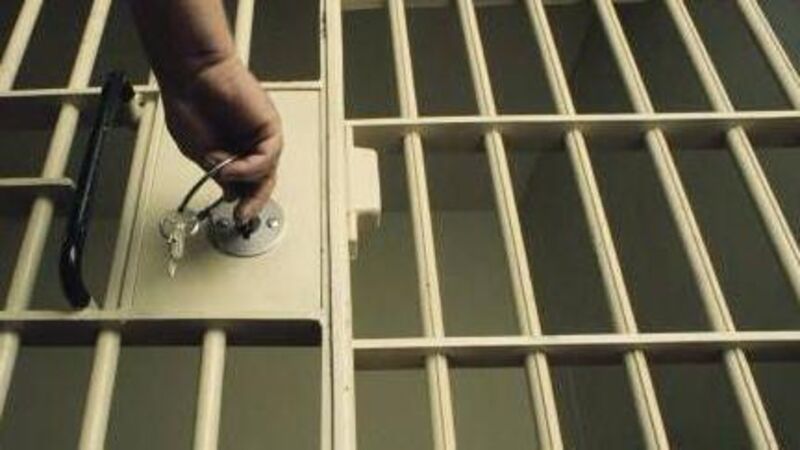Chaplains say prison being used as substitute for hospital

The chaplains are the only independent voices who work within the prison system. They tell it like it is, without any agenda or any requirement to bow before the powers that be.
Mary was sent to prison for theft that amounted to less than €1,000. She has special educational needs.
“Prison is a difficult place for anyone with special needs,” the chaplains' report for the Dóchas Centre relates.










